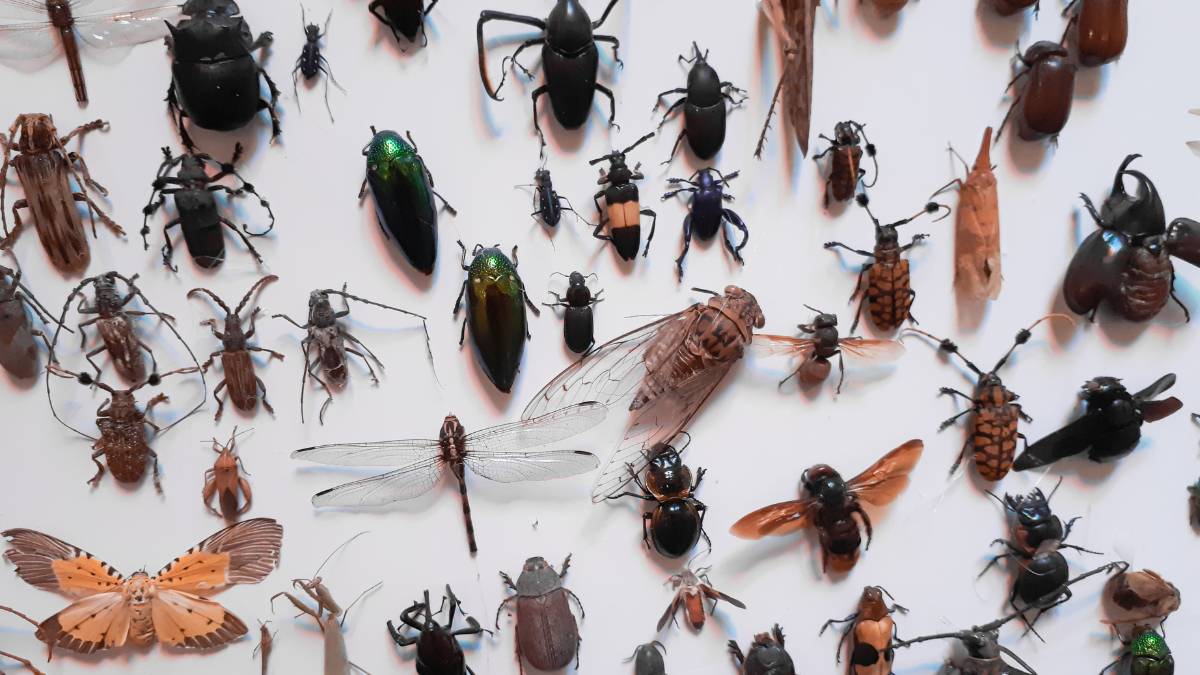Last Updated on May 19, 2024 by Kravelv Spiegel
Insects play a significant role in public health, posing various risks to human well-being, including transmitting diseases and causing property damage. Effective insect control and pest management services are essential for mitigating these risks and safeguarding public health. This article explores the importance of insect control in relation to public health and highlights the crucial role of professional pest management services in addressing insect-related challenges.
- Disease Transmission Prevention: Certain insects, such as mosquitoes, flies, and ticks, are vectors for diseases that can have serious consequences for public health. Mosquitoes, for example, can transmit diseases such as malaria, dengue fever, Zika virus, and West Nile virus. Implementing insect control measures, such as mosquito abatement programs and larviciding, helps reduce insect populations and minimize the risk of disease transmission within communities.
- Allergen Reduction: Insect infestations can exacerbate allergies and respiratory conditions in susceptible individuals. Cockroaches, for instance, produce allergens that can trigger asthma attacks and allergic reactions in people with sensitivities. Effective insect control practices, including thorough sanitation and targeted insecticide treatments, help reduce allergen exposure and promote healthier indoor environments.
- Food Safety and Hygiene: Insects can contaminate food products and food preparation areas, jeopardizing food safety and hygiene standards. Flies, ants, and stored-product pests are common culprits responsible for food contamination and spoilage. Implementing rigorous pest management protocols in food processing facilities, restaurants, and retail establishments is critical for preventing insect-related foodborne illnesses and maintaining compliance with regulatory requirements.
- Protection of Infrastructure: Insects such as termites and carpenter ants can cause extensive damage to buildings, structures, and wooden materials. Infestations may compromise the structural integrity of homes, businesses, and public infrastructure, leading to costly repairs and safety hazards. Timely intervention by pest management professionals is essential for identifying and addressing insect infestations to prevent further damage and protect valuable assets.
- Integrated Pest Management (IPM): Adopting an Integrated Pest Management approach is key to sustainable insect control and public health protection. IPM strategies focus on prevention, monitoring, and targeted interventions to manage insect populations effectively while minimizing reliance on chemical pesticides. By combining cultural, biological, and mechanical control methods, IPM promotes environmentally responsible pest management practices that prioritize human health and safety.
- Community Engagement and Education: Engaging communities in insect control efforts through education and outreach initiatives fosters a shared responsibility for public health protection. Providing information on insect biology, prevention tips, and available pest management services empowers individuals to take proactive measures to reduce insect-related risks in their homes and neighborhoods. Collaboration between local health authorities, pest control professionals, and community stakeholders strengthens efforts to address insect-borne health threats effectively.
- Environmental Protection: Effective insect control practices contribute to environmental preservation by minimizing the use of chemical pesticides and reducing adverse impacts on ecosystems. Excessive pesticide applications can harm non-target organisms, pollinators, and aquatic habitats. Integrated Pest Management (IPM) techniques prioritize environmentally friendly approaches, such as habitat modification, biological control, and targeted pesticide applications, to minimize environmental contamination and promote ecosystem resilience.
- Residential and Commercial Property Protection: Insect infestations can compromise the integrity and value of residential and commercial properties. Roaches, ants, and other pests can cause structural damage, contaminate living spaces, and create unsanitary conditions. Local roach extermination services and ant exterminator specialists in Wichita, KS, offer tailored solutions to address specific insect threats common to the area. Partnering with professional pest control providers ensures prompt intervention and long-term protection against insect-related property damage.
Conclusion
In conclusion, insect control plays a crucial role in safeguarding public health by preventing disease transmission, reducing allergen exposure, ensuring food safety, protecting infrastructure, and promoting sustainable pest management practices. Professional pest management services, guided by Integrated Pest Management principles, are essential partners in addressing insect-related challenges and maintaining healthy, resilient communities. By prioritizing insect control efforts and fostering community collaboration, we can effectively mitigate insect-related risks and enhance public health outcomes.
For comprehensive insect control solutions in Wichita, KS, trust the expertise of local roach extermination services and ant exterminator Wichita KS. Experienced professionals can assess your pest control needs, implement targeted treatments, and provide ongoing support to keep your home or business free from insect infestations. Don’t let pests compromise your property’s safety and value – contact a trusted pest control provider today for effective solutions tailored to your needs.

